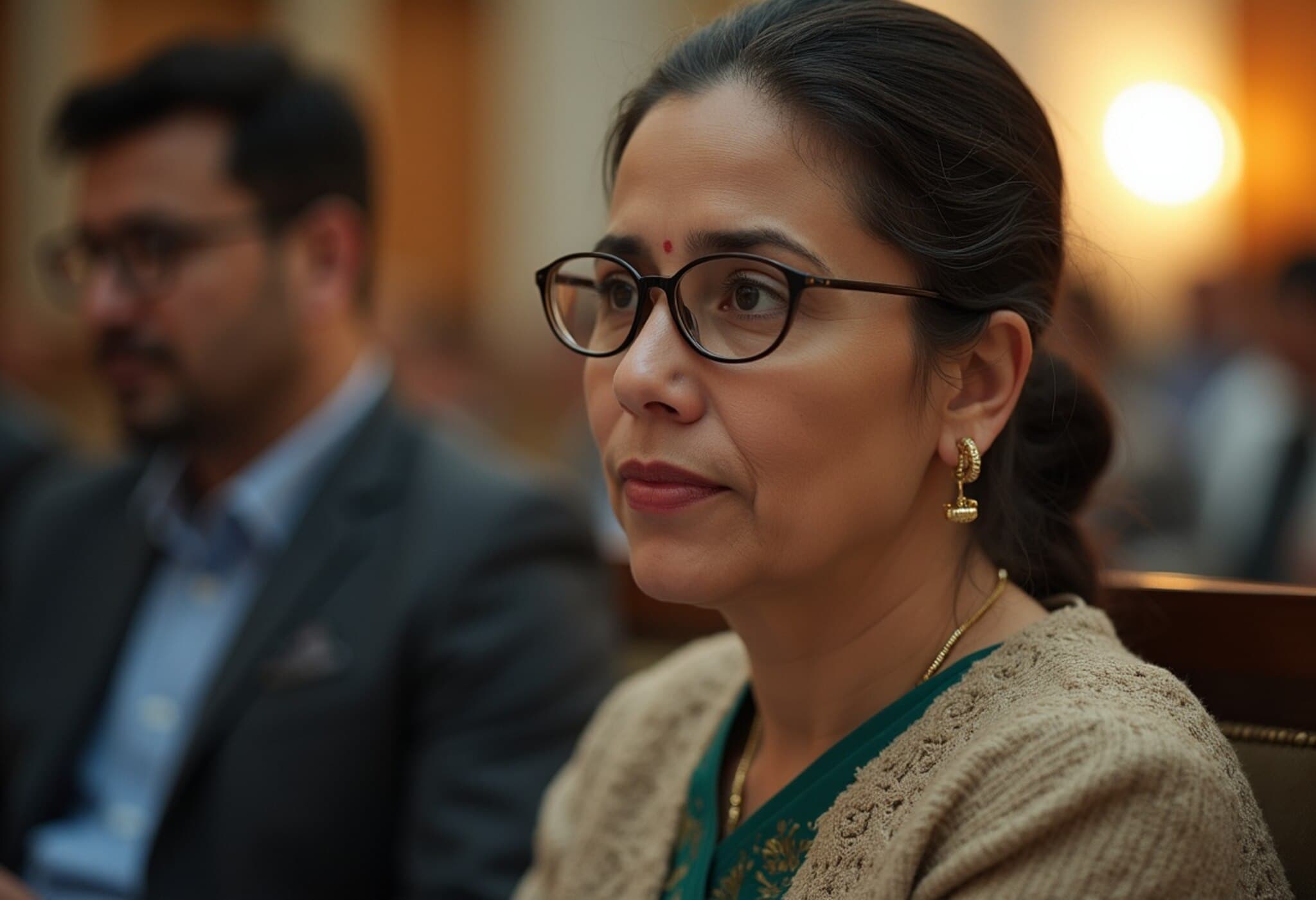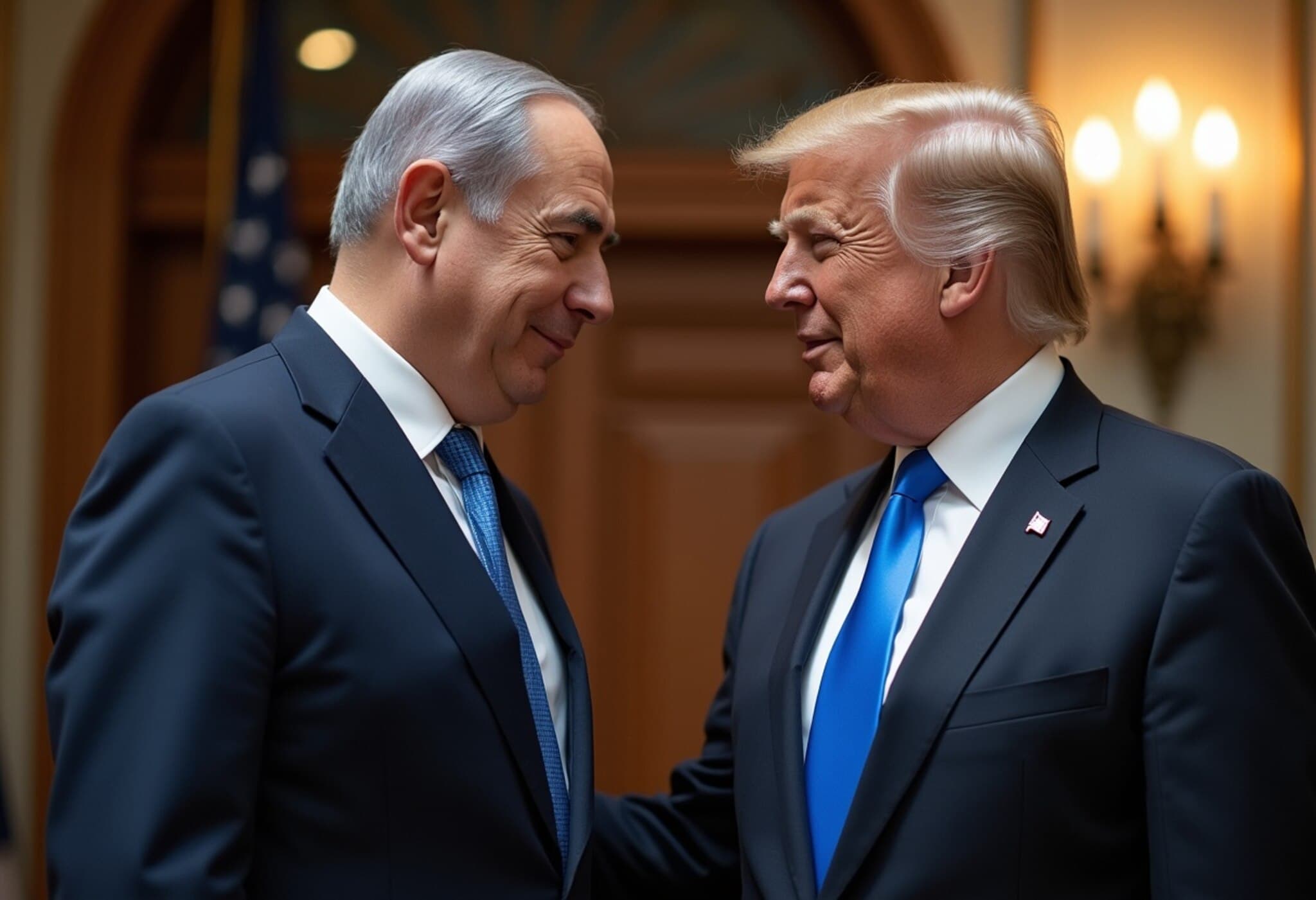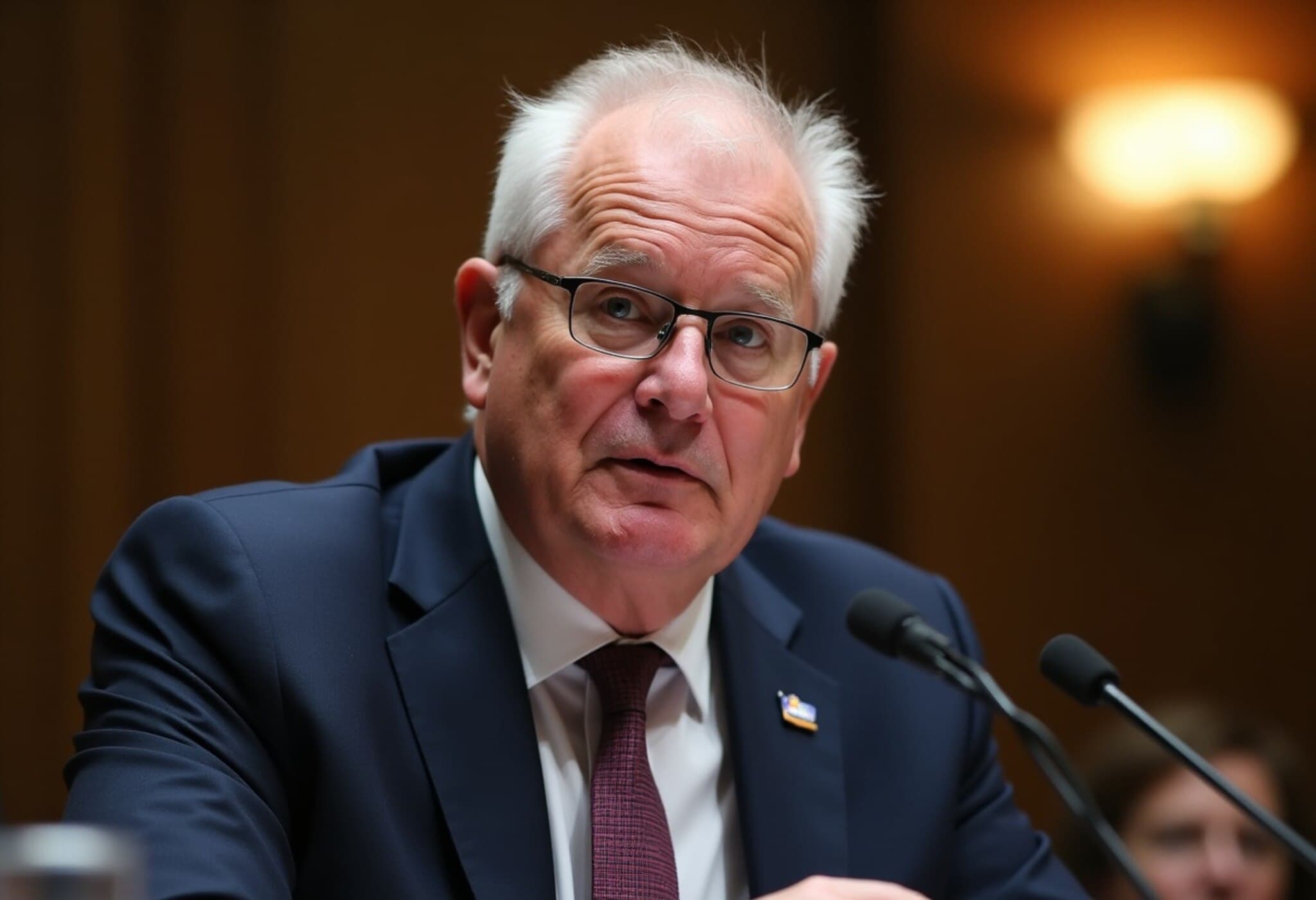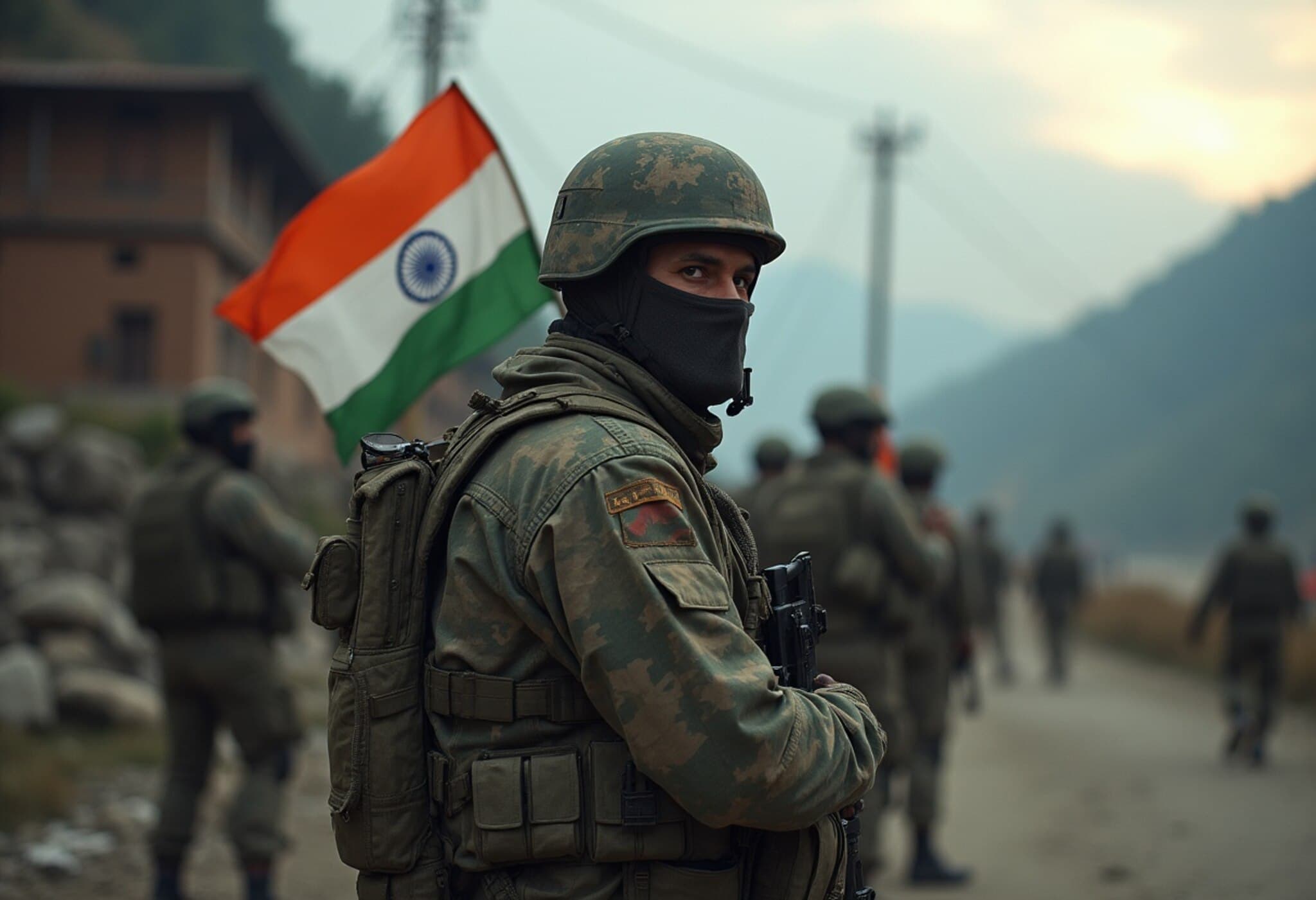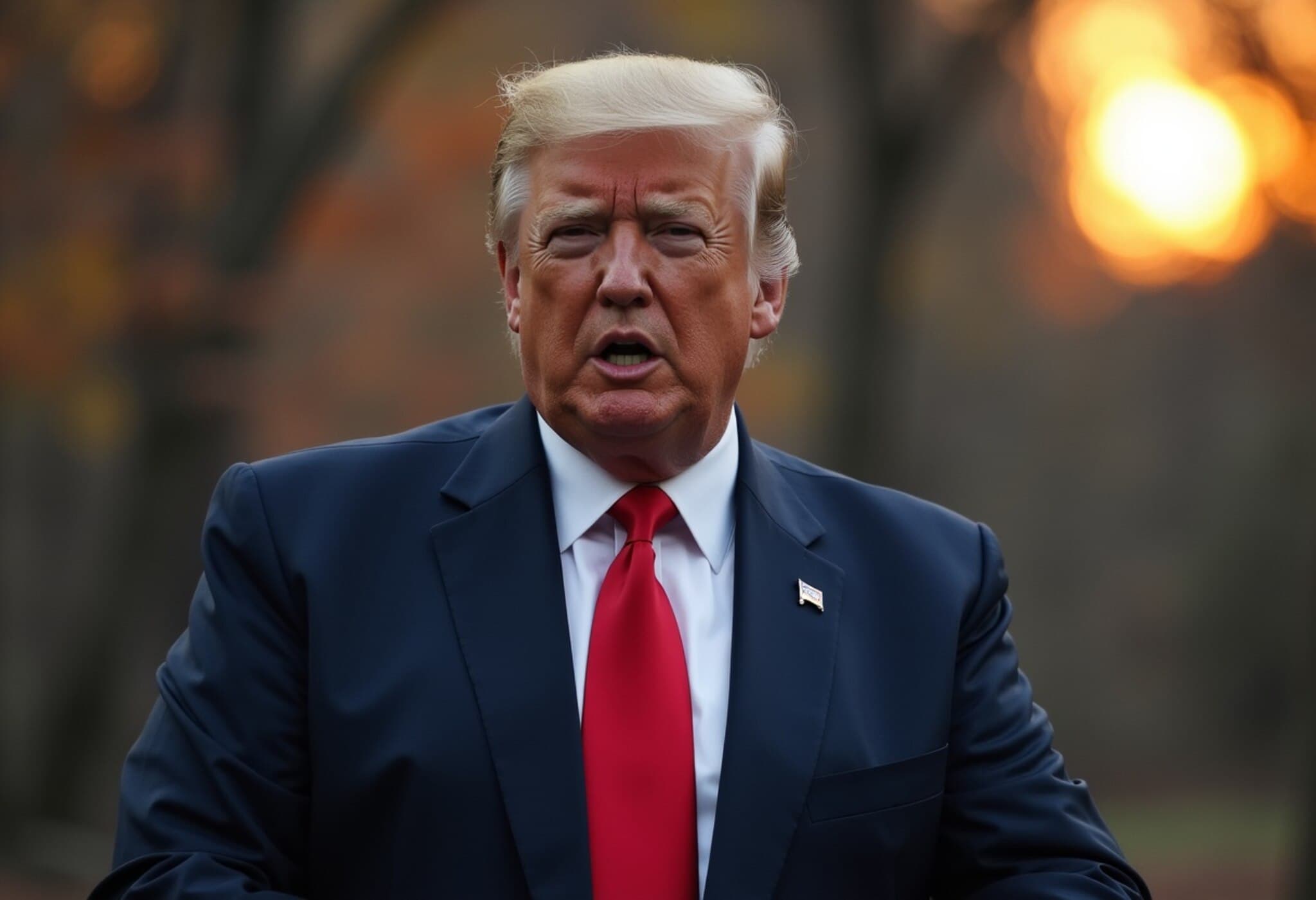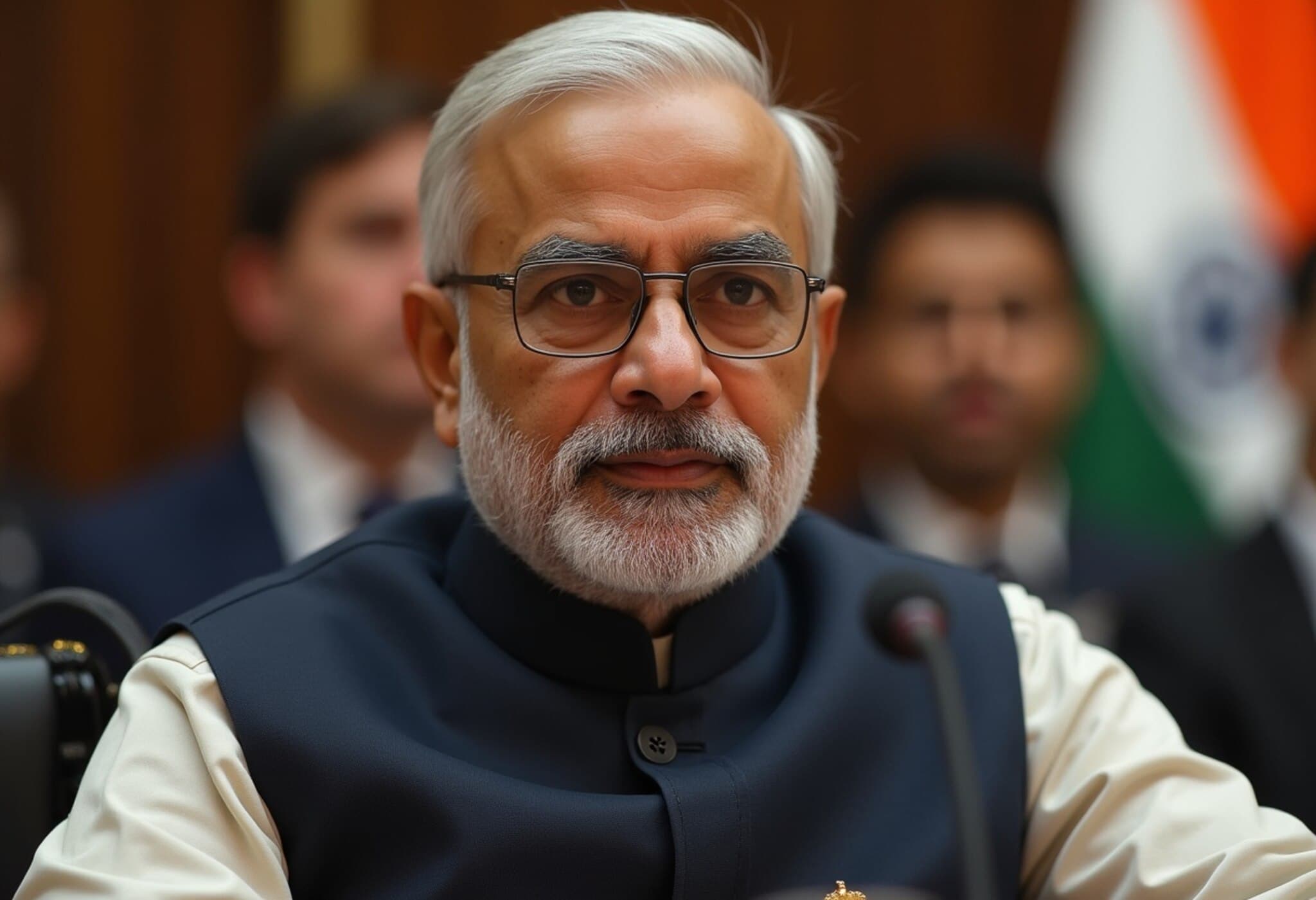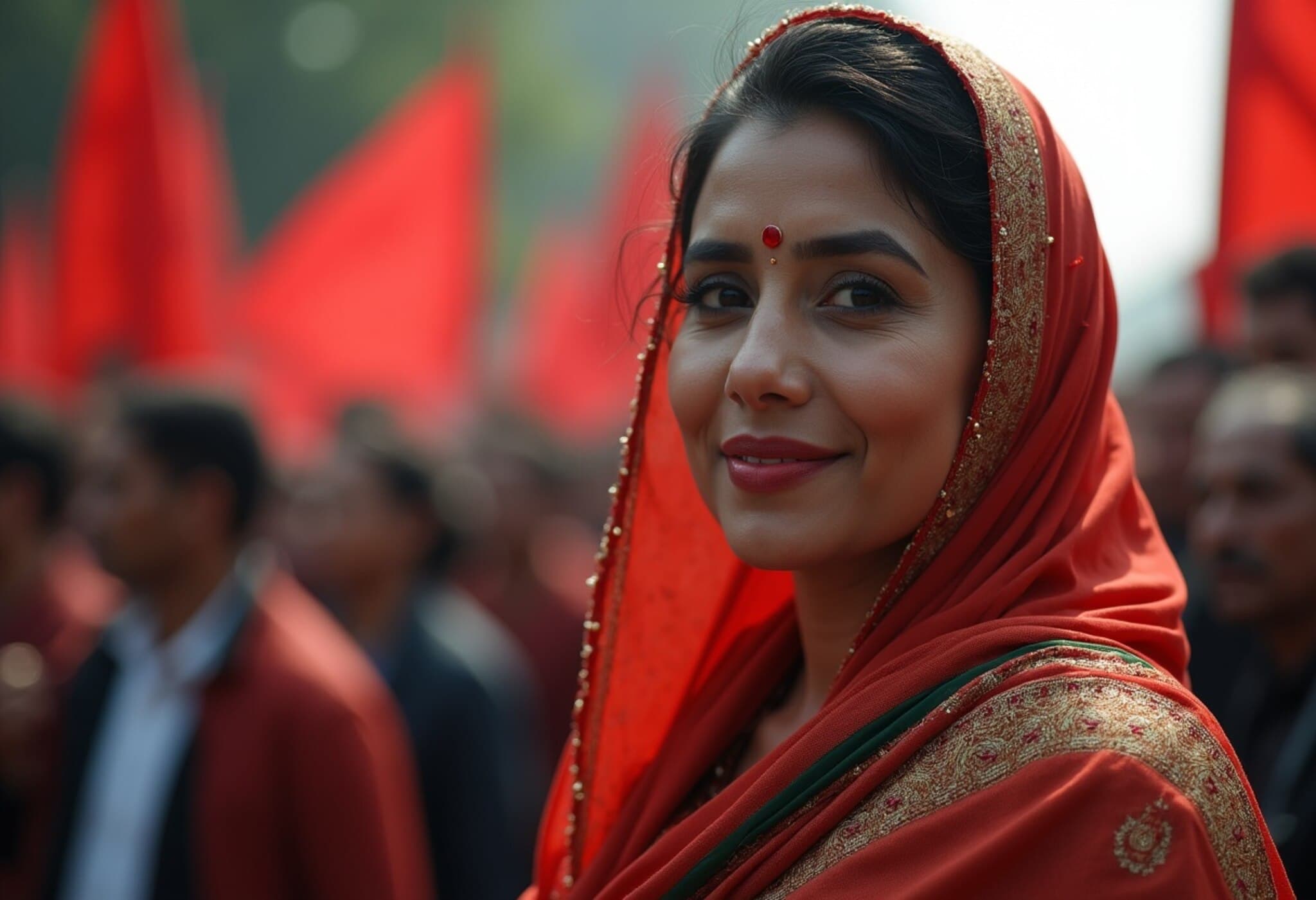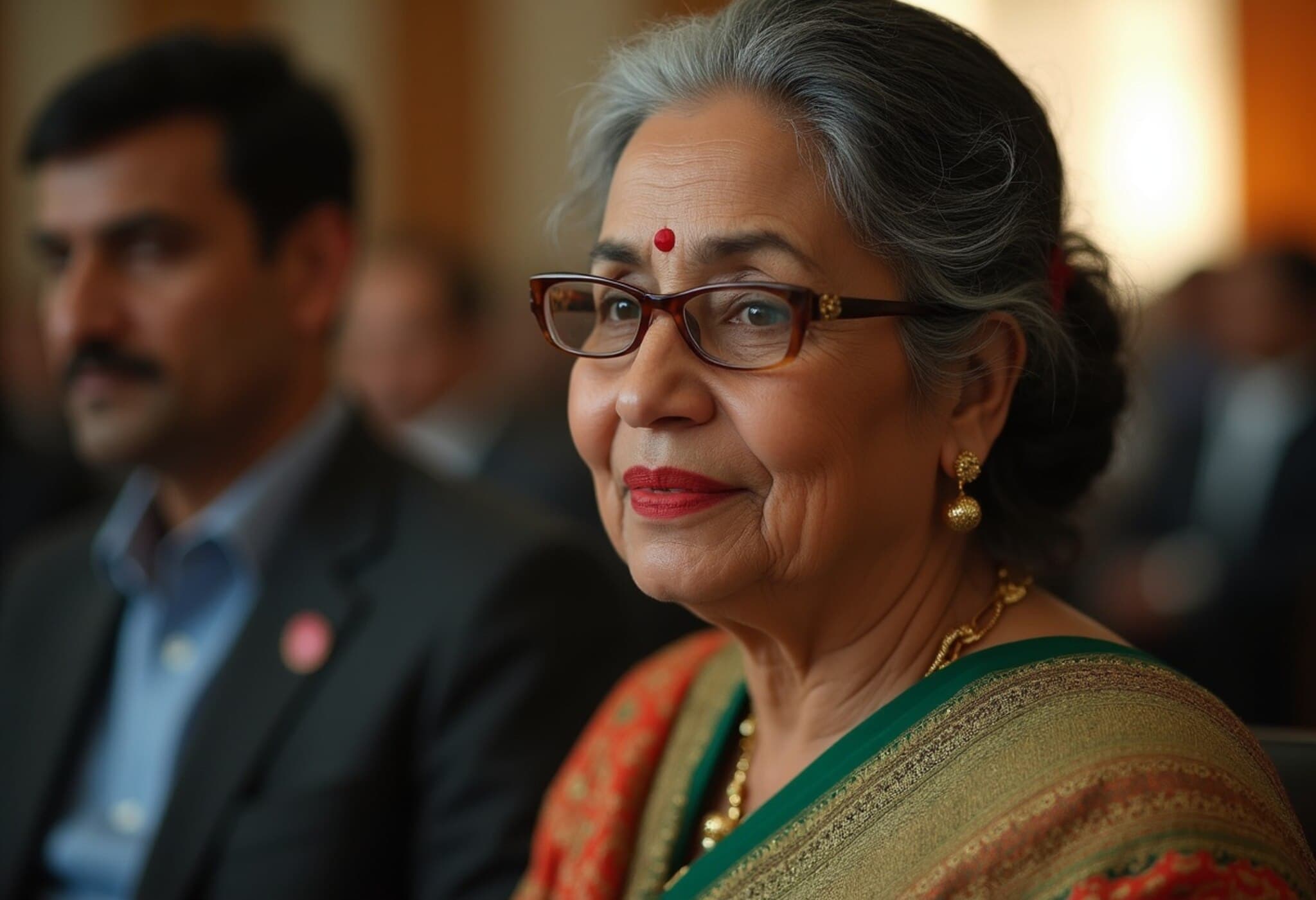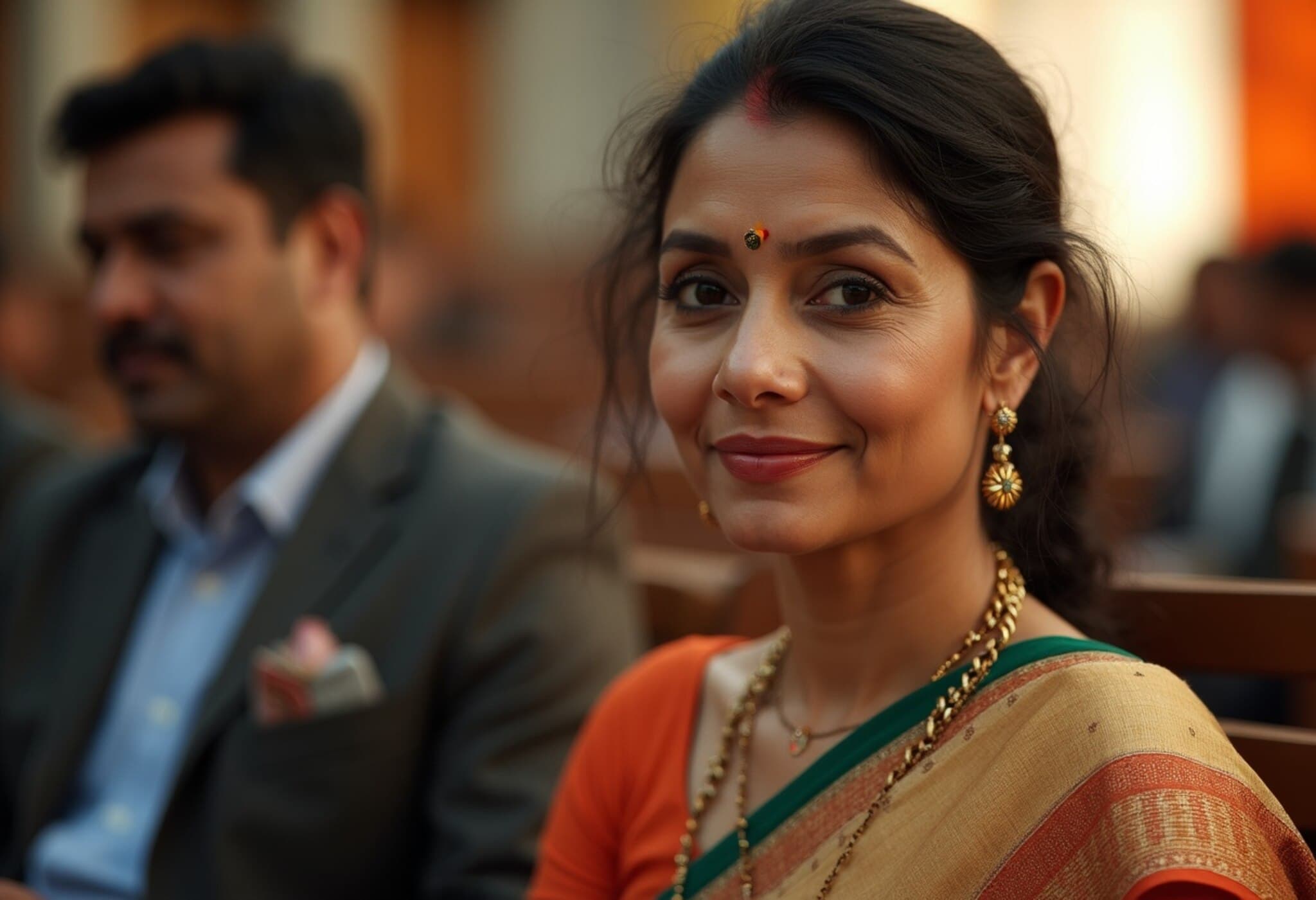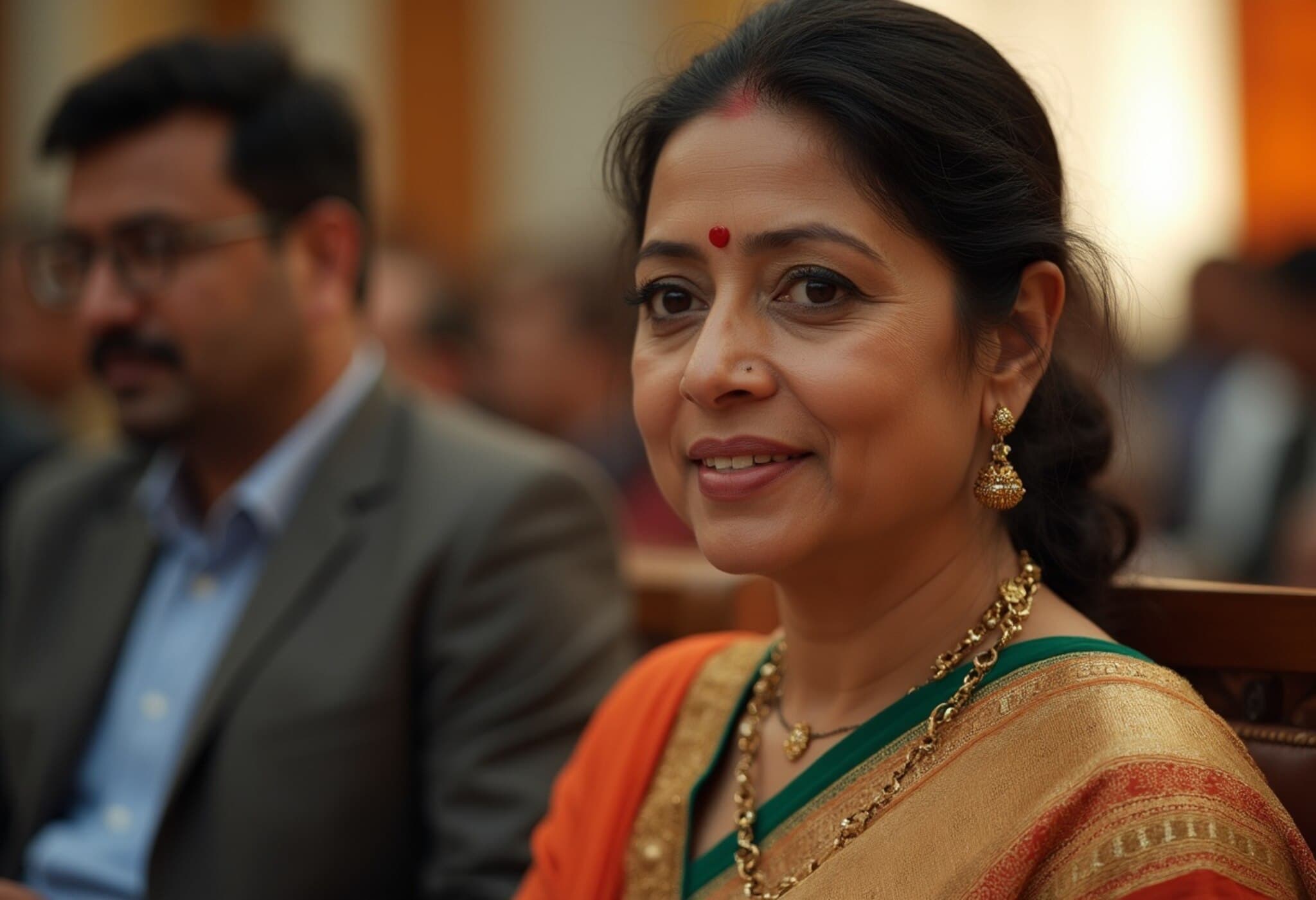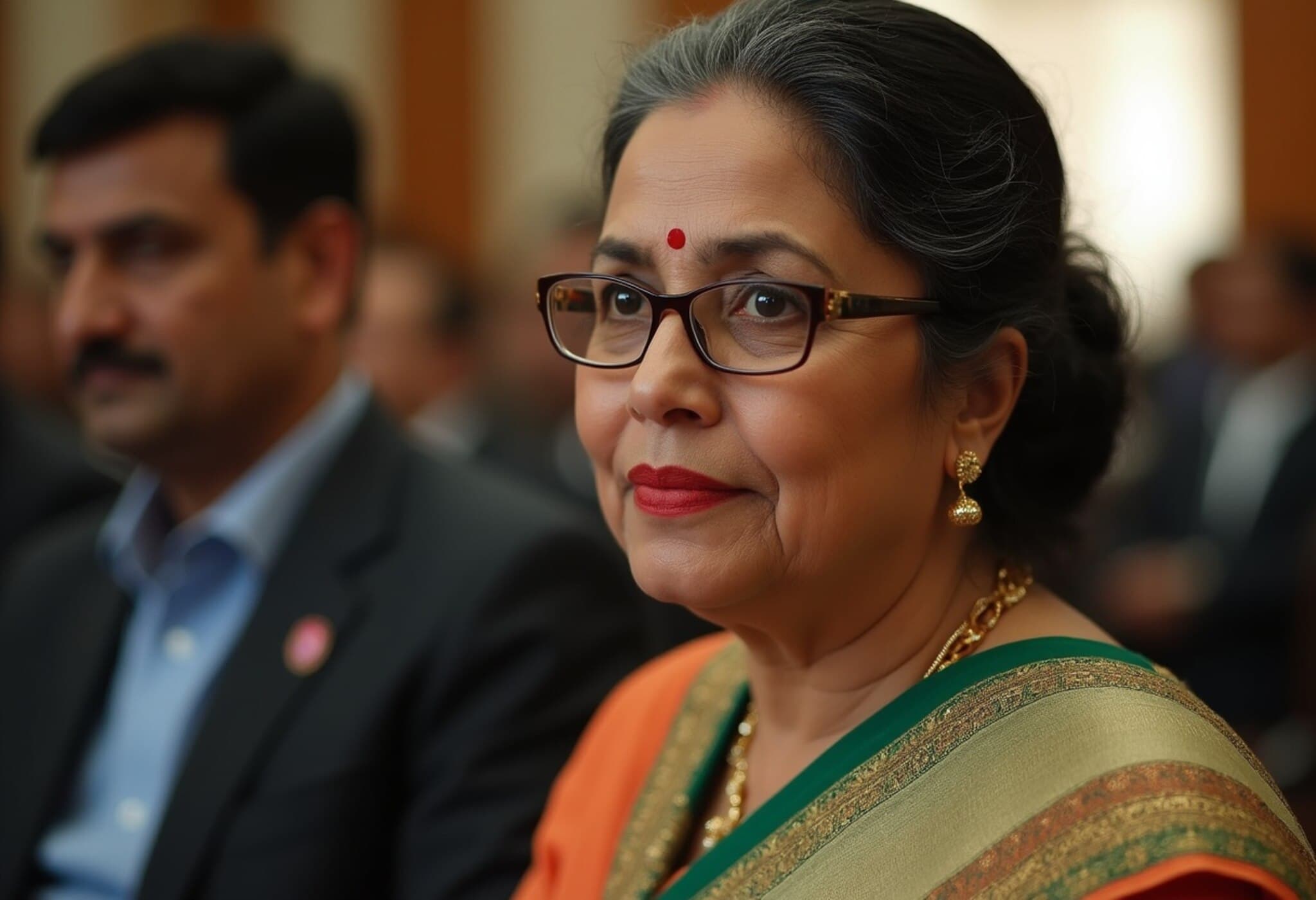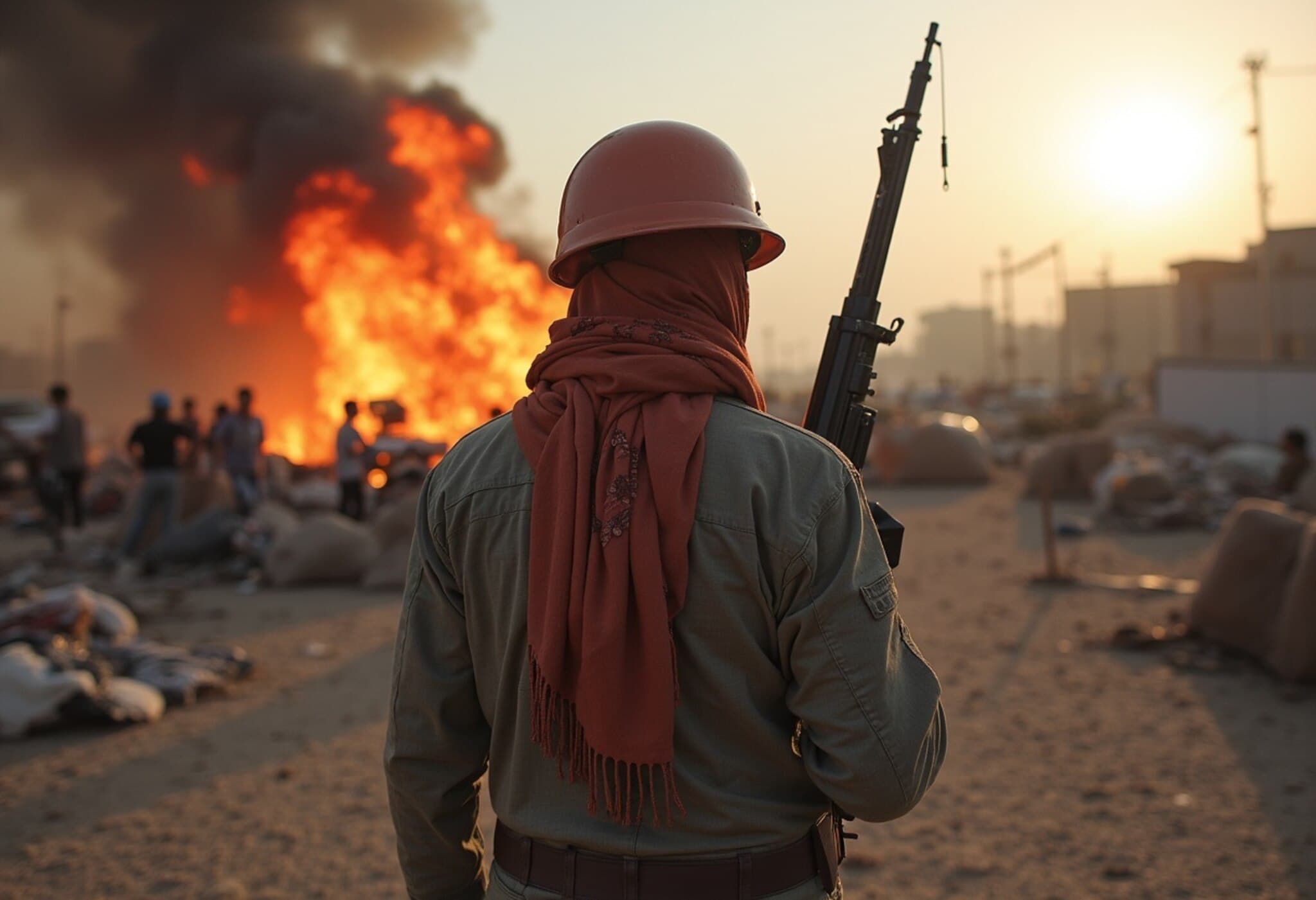Bangladesh’s Interim Chief Expresses Concern Over Former PM Sheikh Hasina’s Speeches
Bangladesh’s interim leader, Muhammad Yunus, recently voiced his frustrations regarding former Prime Minister Sheikh Hasina's online addresses, which he claims are fueling unrest across the country. Speaking at an event hosted by a London-based think tank, Yunus revealed that he had directly appealed to Indian Prime Minister Narendra Modi to intervene and curb Hasina’s inflammatory rhetoric.
Appeal to India Amid Rising Tensions
Yunus underscored the gravity of the situation, stating, "All the anger (against Hasina) has now transferred to India because she went there." He went on to explain that while India is within its rights to host Hasina, he urged Modi to prevent her from making public speeches that exacerbate tensions back home.
He described Hasina’s broadcasts as provocative, highlighting their ability to stir widespread anger in Bangladesh. He claimed that entire communities prepare themselves around her speech schedules, only to be met with messages that incite discord.
When Yunus raised this with Modi, the Indian premier reportedly responded that controlling social media content is beyond the government's capability, a reply Yunus found inadequate given the volatile environment.
Context Behind Hasina’s Presence in India
Hasina sought refuge in India in August 2024 after large-scale student protests erupted over government job quotas, sparking violent confrontations and escalating unrest. Her asylum in India became a focal point of political tension between the two neighboring countries.
Legal and Diplomatic Dimensions
Yunus also touched on a related diplomatic matter: Bangladesh's informal request for Hasina’s extradition, emphasizing the desire for a formal, lawful process. He stressed the importance of maintaining strong and amicable relations with India, calling it Bangladesh’s vital neighbor.
Relations soured significantly following Hasina’s departure to India. Meanwhile, Bangladesh’s International Crimes Tribunal has leveled grave charges against Hasina, accusing her of ordering mass killings during the nationwide unrest in July and August 2024.
According to the charges filed by the Chief Prosecutor Mohammad Tajul Islam and his team, Hasina is implicated as the chief orchestrator behind the violent crackdowns that unfolded during that period.
Looking Ahead: Managing a Delicate Political Landscape
Yunus described Bangladesh’s current political climate as “explosive” and “volatile,” warning that dismissing the issue as mere social media noise will not suffice. The situation demands careful handling, with the hope that both countries can navigate these challenges while preserving diplomatic goodwill.
As the discourse continues, eyes remain on Dhaka and New Delhi to see how this complex political and diplomatic saga unfolds.

